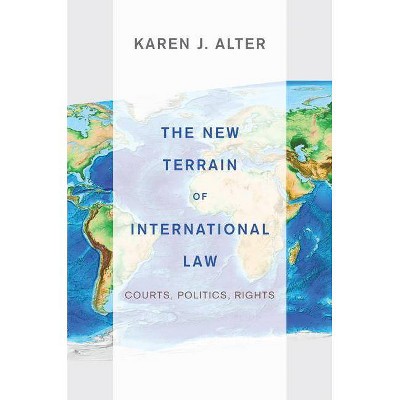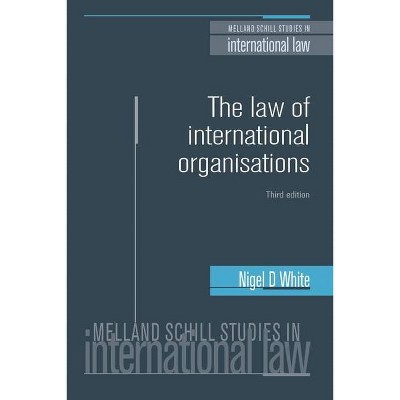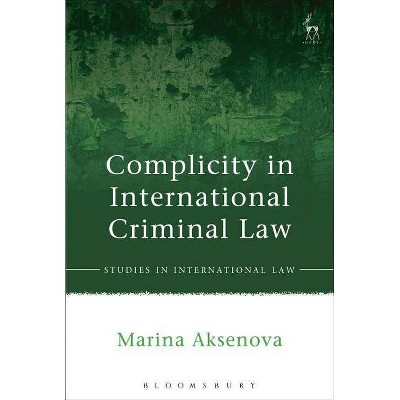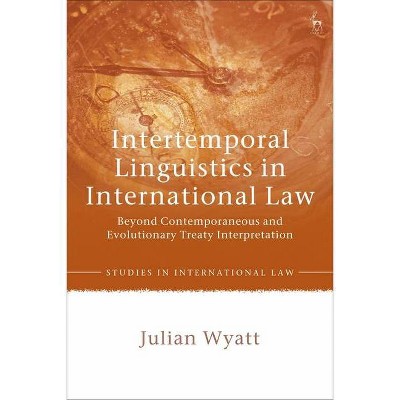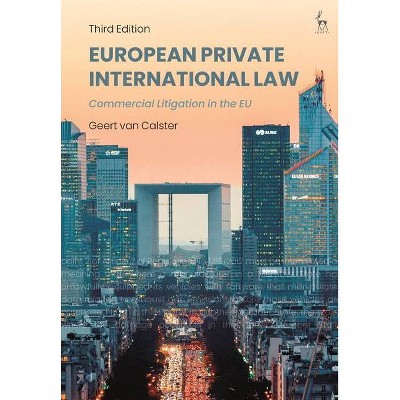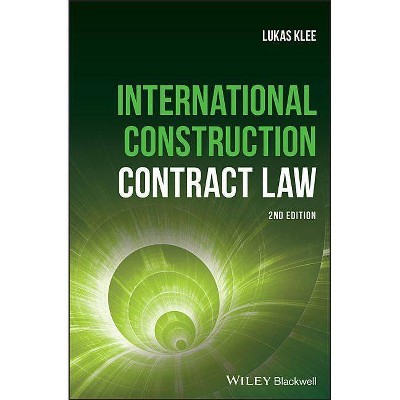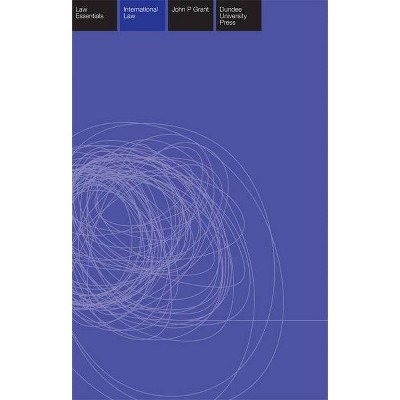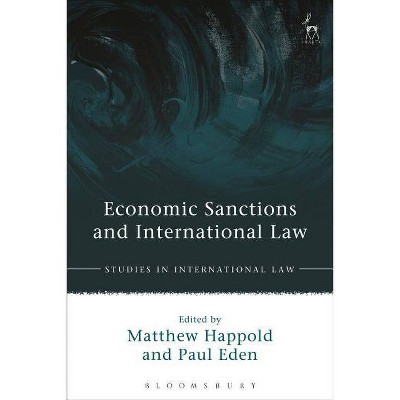International Law - 2nd Edition by Wade Mansell & Karen Openshaw (Paperback)
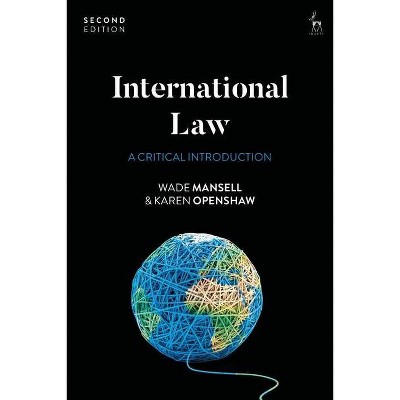
Similar Products
Products of same category from the store
AllProduct info
<p/><br></br><p><b> Book Synopsis </b></p></br></br>This new edition provides a critical introduction to the concepts, principles and rules of international law through a consideration of contemporary international events. It examines both the possibilities and limitations of the legal method in resolving international disputes, and notes the actual effects of international law upon international disagreements. <br/><br/>Such an approach remains sceptical rather than cynical, and is intended to provide the means by which the role of international law may be evaluated. This entails discussion of the legal quality of international law; the relationship between international law and international relations; the Eurocentricity' of international law; and the connection between political power and the ability to use or abuse (or ignore) international law. The new edition explores the impact of the United States' latest direction in foreign policy (arguably an intensification of pre-existing neo-conservative trends); considers in greater depth the issue of economic self-determination in relation to ex-colonial nations; expands the discussion of jurisdiction to cover immunity from jurisdiction; and covers recent developments at the International Criminal Court.<br/><br/>Underlying the book is the assertion that international law is political in content (in the sense of being concerned with the exercise of power) but that it draws much of its effectiveness from its self-portrayal as being apolitical, or at least politically neutral.<p/><br></br><p><b> Review Quotes </b></p></br></br><br><i>International Law: A Critical Introduction</i> reaches below the surface of international law to interrogate the assumptions on which the system rests and bring to light its intimate connections with power. The work deepens our understanding of grand projects of global regulation through law, their capabilities and ultimate constraints.<br><br>The book is highly successful in its stated goal of providing a critical introduction to international law; one that foregrounds (rather than, as is customary, backgrounds) the operation of power and politics deep within the discipline itself and international law's deep connectedness to the (usually asymmetrical) exercise of power.<br><br>The first edition to this wonderful work promised that its critical approach would be "skeptical rather than cynical". In analysing international law through a political lens, it was extremely successful. I am delighted that the publishers have had the foresight to commission a second edition to enlighten us all.<br><p/><br></br><p><b> About the Author </b></p></br></br><p>Wade Mansell is Professor Emeritus at the Unviersity of Kent. <br>Karen Openshaw holds a PhD in international law from the University of Kent.</p>
Price History
Price Archive shows prices from various stores, lets you see history and find the cheapest. There is no actual sale on the website. For all support, inquiry and suggestion messages communication@pricearchive.us
